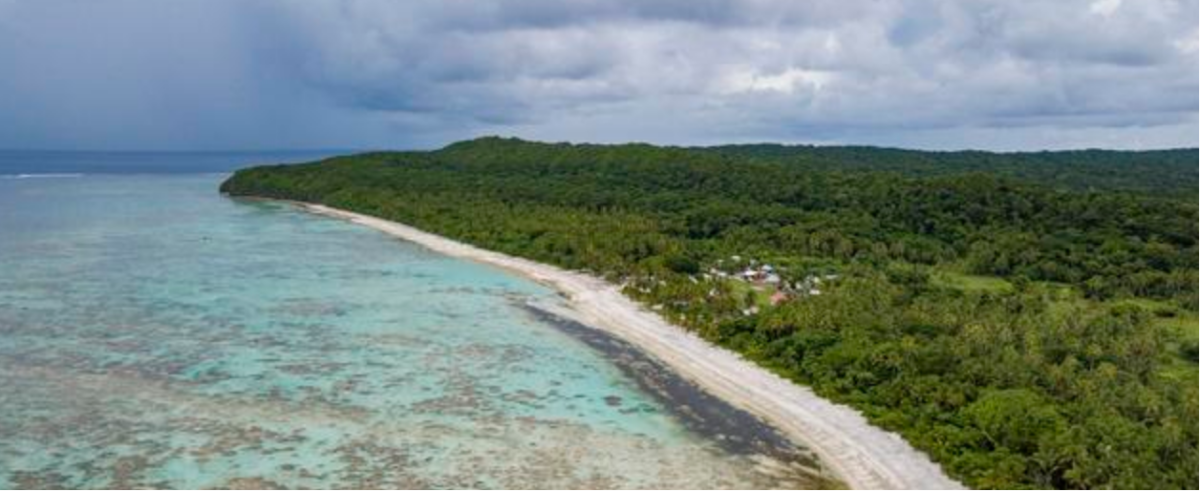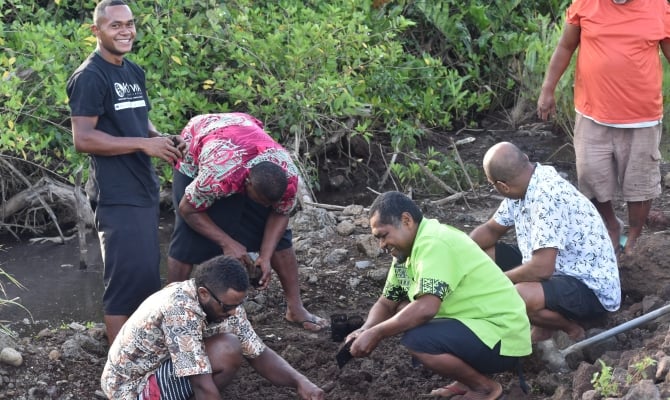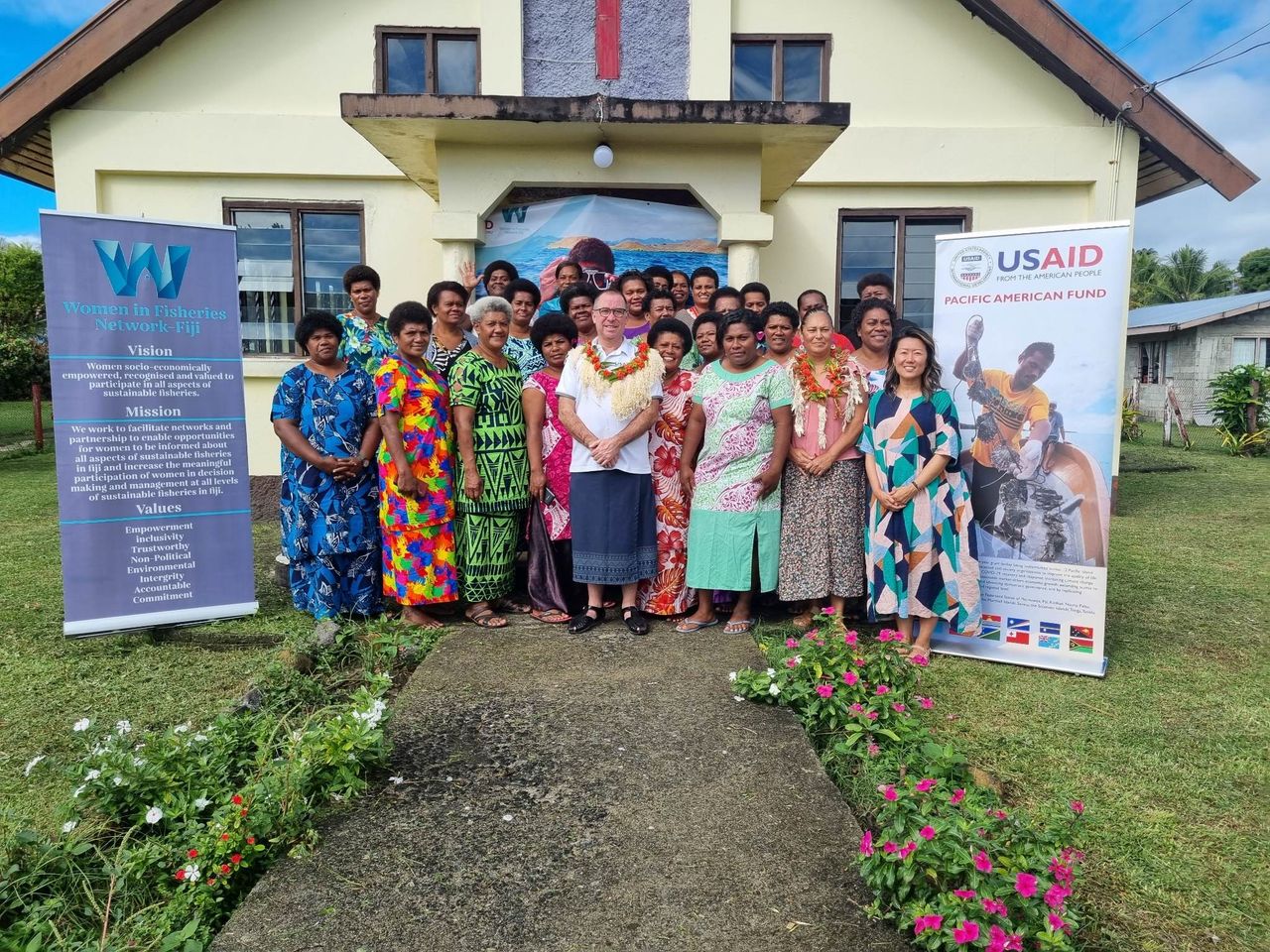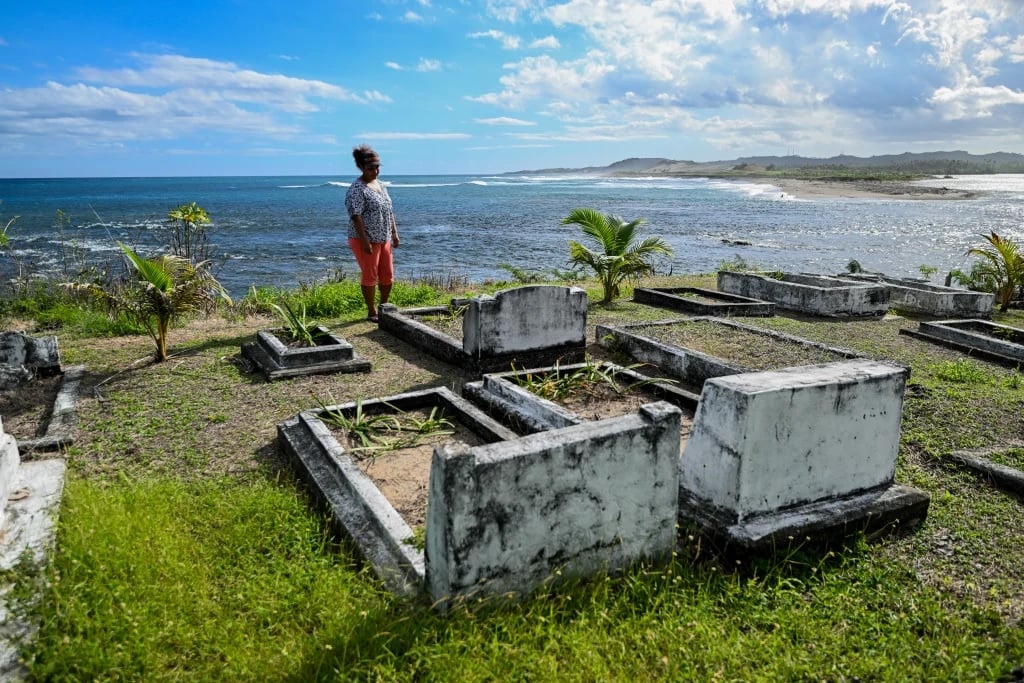A new research carried out in Fiji has revealed that the key factors in expanding Indigenous-led conservation effort are support from environmental and outreach organizations, formation of resource management committees, trust, distance from tourism hotspots, and working through the existing social structures.
Co-led by Conservation International with a team of interdisciplinary researchers, the study “Scaling Indigenous-led natural resource management” takes a closer look at the growth of Fiji’s Locally Managed Marine Areas (LMMA) over two decades, where nearly half of Fiji’s over 740 coastal villages have joined the LMMA Network, many of which were influenced by the conservation successes of their nearest neighbors.
The research which has been published in Global Environmental Change is critical as it looks into “why” these Indigenous community-driven initiatives are seeing such widespread adoption in Fiji, a topic not widely covered before.
Key findings show that three-quarters of villages that established a LMMA had a neighbor that already had a LMMA. The scaling success is also driven by strong traditional leadership, support from organisations, and building trust across the district. Support from environmental organizations and the formation of local committees to oversee the reef, coupled with regular meetings to foster trust among all parties, collectively create a better environment for sustainable practices and its success.
According to Arundhati Jagadish, lead author of the study and former Conservation International scientist, the insights gleaned from this research could serve as a valuable model for global conservation efforts. This is particularly crucial as the international community searches for effective strategies to address the pressing challenges of climate change and biodiversity loss.
“More than ever, we need Indigenous and locally led resource management initiatives for the planet to avert the climate, biodiversity, and inequality and representation crises,” said Jagadish.
“This work identifies key factors, like perceived benefits, distance to tourism hotspots, presence of support organizations, and trust that can enable such management to scale appropriately.”
Alifereti Tawake, Executive Director of LMMA Network in Fiji and co-author of the paper said, “Our research highlights the critical role of learning from those who have found success in applying and sharing indigenous knowledge and wisdom in the management of natural resources.”
“By understanding the mechanisms driving the adoption and spread of our community-led initiatives, we hope others will be encouraged to do the same for meaningful national and global impact.”
Customary community-level governance systems have regulated natural resource use and management in the Pacific islands for centuries. This research comes at a pivotal moment in global conservation efforts, as the world grapples with the urgent challenges posed by climate change and biodiversity loss.
Despite representing less than 5 percent of the world’s population, Indigenous peoples steward more than a quarter of Earth’s land and seas and protect 80 percent of global biodiversity. Prioritizing the implementation and scaling of Indigenous-led approaches to conservation and resource management, such as Fiji’s LMMA Network can help meet this challenge and protect the nature we all rely upon.
This story was originally published at Conservation International on 20 February 2024, reposted via PACNEWS.




